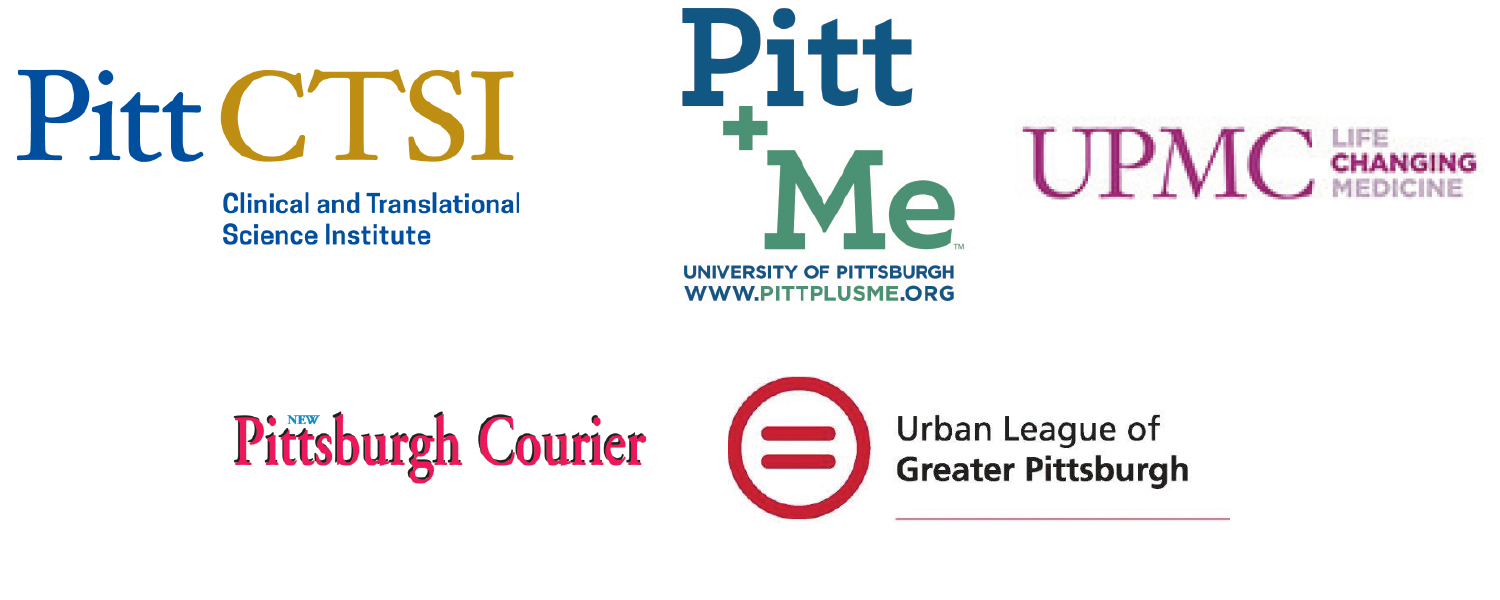Getty Images Stock Photo
Dementia syndromes like Alzheimer’s Disease (AD) are challenging conditions, but even more so for people who live in underserved communities with little or no health resources or support. That includes help handling ethical questions that impact decisions about AD disclosure, safety, treatment, and end-of-life care.
Ethical AD care
When people learn they have AD, sharing the diagnosis can be difficult. For example, a truck driver is required by law to report AD due to safety concerns for the driver and other people on the road. However, a daycare worker’s risk is different even though concerns about the person’s cognitive abilities and child safety are present. Dr. Jennifer Hagerty Lingler, Pitt Professor and Vice Chair for Research, Health & Community Systems, notes, “In this instance, where is the balance between the worker’s rights to privacy and children’s well-being?”

DR. JENNIFER HAGERTY LINGLER
As AD progresses, ethical problems intensify. “For example, if a patient refuses to take medication because she doesn’t like the side effects, does the PCP and/or care partner respect her decision? Dr. Linger asks. “What if the decision affects her safety? How does the family find ways to support the decision while managing risks to themselves or others?”
End-of-life care introduces further ethical thoughts when patients are not able to make decisions. “This is when it becomes even more important to protect the patient’s dignity, comfort, and quality of life,” Dr. Lingler explains. “Balancing medical interventions, respecting prior wishes, and involving caregivers and family in decision-making are the right things to do for a patient’s well-being.”
Ethical AD research
Ethics in AD research has focused on recognizing that social determinants of health cannot be fully appreciated when studies favor white, affluent, healthy populations with ample support and resources. “There’s an historic lack of diversity in terms who has the opportunity for informed consent to medical research,” says Dr. Lingler. “This discrimination skews research findings and disregards the unique health needs of underserved communities.”
Why does this keep happening? Marginalized people are often overlooked by researchers who have representation or recruiting bias. Minority participants may be asked to participate but refuse. Maybe theere’s inadequate financial compensation for their time, or a long bus ride to a clinic or they don’t trust healthcare providers because they’ve experienced disrespect. There are socioeconomic, language, and cultural barriers, too.
When marginalized people participate in AD research specifically, ethical questions arise about consent as the disease progresses and the participant loses their ability to make decisions.
Biomarkers in research complicate matters even more. A biomarker is a sign that researchers look for in the body that indicates the presence or progression of a disease like AD. If an AD marker is found, a participant might not grasp the implications fully or might grasp them and become upset by the findings. “Responsible communication must be sensitive, clear and supportive. When you give someone difficult test results, you must do it in a way that protects their emotional well-being,” says Dr. Lingler.
Ethical concerns intersect with historical injustices in medical research, especially in Black communities. Exploitation and distrust from past abuse makes people hesitate to join research groups.
“Injustices like the Tuskegee Syphilis Study and the HeLa cancer cells have created suspicion,” says Dr. Lingler. “Acknowledging the wrongs and valuing people and their communities will help rebuild trust. When that happens, we’ll have information and interventions that will make everyone’s quality of life better.
Dr. Lingler is happy to report there’s a positive shift in the equity of medical research thanks to a new generation of culturally sensitive researchers, including Pitt OSCAR scholars.
“You’ll find Pitt’s next generation of researchers out in neighborhoods asking the people who live there, ‘What do you need to be healthier’—and listening. The answers are helping us develop healthcare that includes everyone, not just one group. I’m confident these researchers will help Pittsburgh shine as a national example for AD research that’s life changing for everyone.”
